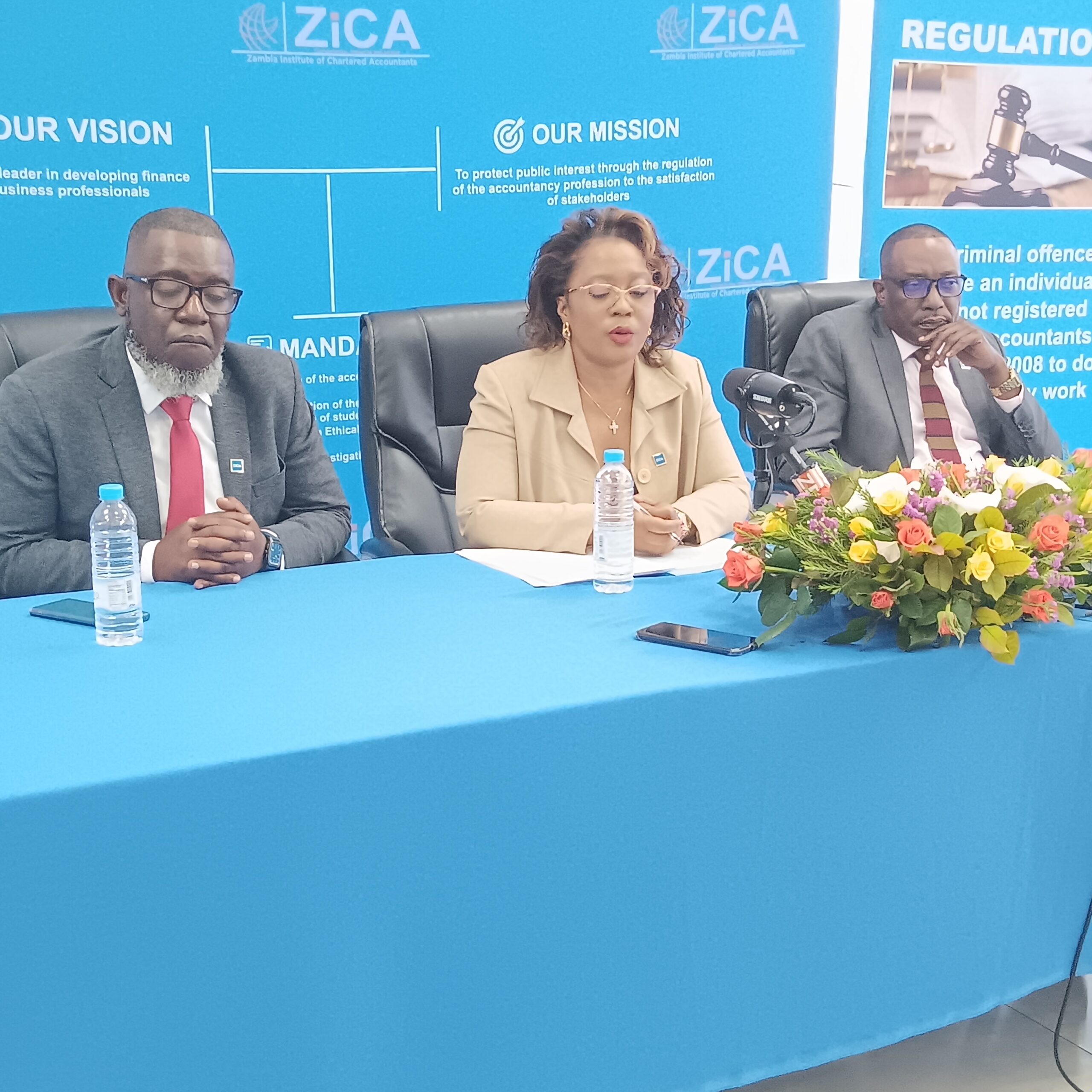
By Jeff Kapembwa
Operationalisation of Zambia’s Green Growth Strategy launched last April to promote environmental sustainability while insulating the country against climate change effects in the long term may have to wait longer than is envisaged as stakeholders seek different timelines in enacting the legislation to stand the test of time.
On 21 April, Zambia unveiled its 2024-2030-climate blueprint aimed at transitioning the climate change prone country into a resilient, low carbon and socially inclusive economy.
The policy is envisaged, if supported and financed effectively, would ultimately help to insulate the country from further shocks.
It is hoped the climate actions would drive the country towards sustainable development, prioritizing environmental sustainability, economic growth, and attain social sector development, after the calamite seemingly reversed various gains attained despite concerted efforts.
Despite the launch of the policy, enacting of the climate and sustainability bill into law is still pending before lawmakers before it is appended.
It, ZICA warns, would be detrimental and in turn, reverse efforts made to make decisions on the future of the country, loss on donor support while its fate against climate change effects will linger and Zambia may lose on funding on mitigation efforts.
Zambia Institute of Chartered Accountants (ZICA) President Yande Siame-Mwenye commends the Government for the milestone.
While the Green Growth Strategy would create resilience against the long-term shifts in temperatures and weather patterns-affecting Zambia, like other countries globally, expeditious enactment of the law.
This action will act as a back-up for climate actions and support from well-wishers was inevitable and save the country from further losses.
“We therefore wish to reiterate that the strategy requires legislative backing to enact ultimate and durable legislation to embrace all sectors and make them shock, vulnerable to the protection, have different perceptions on the final content and its real beneficiation to the country.” She told reporters in Lusaka during the launch of the second quarter report in Lusaka-an overview of performance of various sectors.
She stressed that climate Change and Environmental Sustainability The 2025 – 2027 medium term plan recognizes the need to address climate change impacts including measures to align resources for early recovery interventions and humanitarian needs.
The blueprint acknowledges climate change but lacks detailed action plans and timelines. Effective climate change policy requires specific measures, such as adopting renewable energy sources, enforcing environmental regulations, and investing in 20 climate-resilient infrastructure.
ZICA calls for a need for comprehensive risk assessments and adaptive strategies for vulnerable sectors. It urges the Government to invest into the Meteorological department given the projections of an impending El Nino, which is La Nina which could be more catastrophic.
“Therefore instead of a drought we could experience flooding. What strategies are being developed to deal with this potential crisis?”
However, Zambia Climate Change Network (ZCCN), a coalition of Non-Governmental Organization pacifying over environmental-climate related concerns in Zambia and an advisory independent body to Government while supporting the quick enactment to drive the climate actions seek more consultation to include various pressing concerns including the emerging carbon market while protecting more sectors.
Lydia Chibambo-ZCCN climate change lead and a member of the Kenya-headquartered Pan African Climate Justice Alliance (PACJA), a continental-anti-climate campaigner experts from 48 countries on the continent calls for an-all inclusive dialogue to harmonise and overcome all “gray areas” and ensure foolproof climate change protection in the short, medium and long term.
With the rest of the globe seeking mitigation financing and other responses to fight climate change, enacting the law was a priority for all but should be all inclusive with input from all players.
This would fully insulate all affected sectors and enable them access funding for mitigation as espoused under the Loss and Damage funding expected from ‘global polluters’ causing the damages.
“We appreciate the efforts by ZICA to act quickly in enacting the law but we believe we need to bring everyone on board to redress various shortcomings including streamlining laws (regulating) the carbon markets,” Ms. Chibambo said.
“We need a law which is comprehensive and embraces all sectors so that ultimately the mitigation embraces all sectors who should benefit from the Loss and Damage funding”
According to the Zambia Green Growth Strategy it aims to achieve sustainable economic growth, reduce poverty, and promote environmental sustainability in Zambia and is aligned with Zambia’s Vision 2030, the African Union’s Agenda 2063, and the United Nations’ Sustainable Development Goals (SDGs).
The strategy seeks to focus on among other areas, Climate Change Mitigation and Adaptation; ensure Sustainable Natural Resource Management;
This will further enhance Green Infrastructure Development; ensure Sustainable Agriculture and Food Security; foster Green Economy and Industrialization; Human Settlements and Urban Development; Waste Management and Pollution Control as well as enhance Education, Training, and Awareness among the people.
